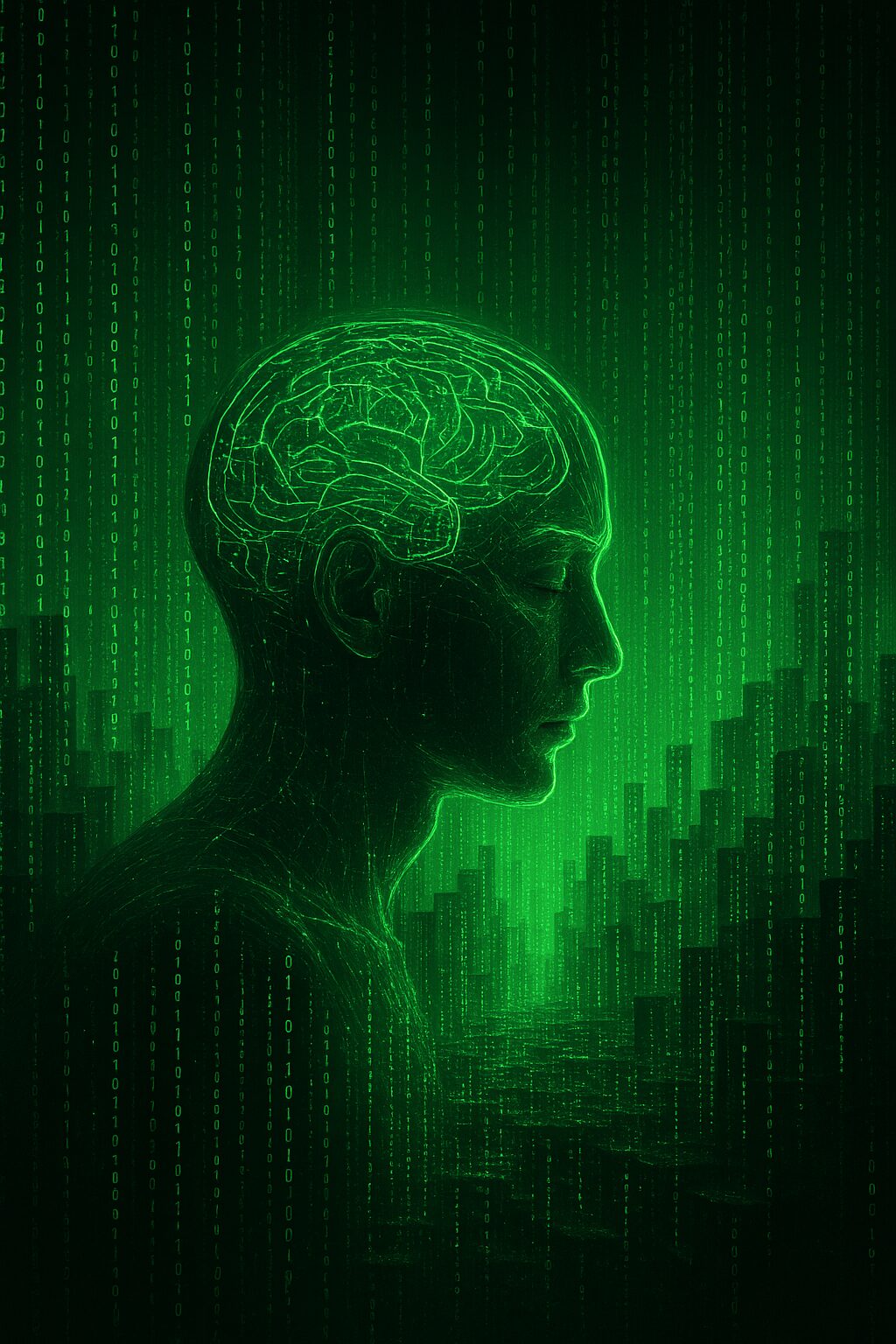Introduction
Is reality real? Or are we living inside a hyper-advanced simulation—like characters in a cosmic video game? This question, popularized by the 1999 film The Matrix, has evolved from sci-fi fantasy into a serious philosophical and scientific debate. With advances in artificial intelligence, quantum computing, and virtual reality, the simulation hypothesis is gaining traction among technologists, physicists, and futurists.
This article explores the origins of the Matrix scenario, the science behind simulation theory, and what it means for our understanding of consciousness, existence, and truth.
🧬 What Is the Simulation Hypothesis?
The simulation hypothesis suggests that our universe may be an artificial construct—created by a superintelligent civilization capable of simulating conscious beings. Oxford philosopher Nick Bostrom famously argued that one of the following must be true:
- Civilizations never reach the technological maturity to run simulations
- Advanced civilizations lose interest in simulating ancestors
- We are almost certainly living in a simulation
If #3 is correct, then everything we perceive—space, time, emotion, even death—may be part of a programmed reality.
🔍 Signs We Might Be in a Simulation
While no definitive proof exists, several phenomena fuel speculation:
| Observation | Simulation Interpretation |
|---|---|
| 🧠 Consciousness mystery | Could be a product of code, not biology |
| 🔁 Déjà vu & glitches | Possible system resets or errors |
| 🧲 Quantum indeterminacy | Suggests pixelated or probabilistic rendering |
| 📐 Mathematical universe | Reality governed by code-like laws |
Some scientists argue that the universe’s mathematical precision and digital-like behavior resemble a computational system.
🧠 Philosophical Roots: From Plato to Bostrom
Simulation theory isn’t new. Philosophers have long questioned the nature of reality:
- Plato’s Cave: Shadows mistaken for truth
- Descartes’ Demon: A deceiver manipulating perception
- Zhuangzi’s Butterfly Dream: Reality as illusion
The Matrix scenario modernizes these ideas, suggesting that advanced technology—not metaphysics—is behind the illusion.
⚖️ Ethical and Existential Implications
If we are in a simulation, it raises profound questions:
- 🧍♂️ Do simulated beings have rights?
- 🧠 Is free will an illusion?
- 🧬 What happens when we die—do we reboot?
- 🧊 Should we try to escape or embrace the simulation?
Some thinkers argue that knowing we’re in a simulation could liberate us from fear, while others warn of nihilism and moral collapse.
🌐 SEO Optimization Summary
✅ Meta Title: “The Matrix Scenario: Are We Already in a Simulation?” ✅ Meta Description: “Explore the simulation hypothesis and the Matrix scenario. Discover scientific, philosophical, and ethical insights into whether reality is real—or programmed.” ✅ Keywords: simulation hypothesis, Matrix scenario, Nick Bostrom simulation theory, are we in a simulation, digital reality philosophy ✅ Formatting Tips:
- Use structured headings (H1–H3)
- Include tables and bullet points for readability
- Embed alt text in visuals (e.g., “digital brain in simulated environment”)
- Keep paragraphs concise and keyword-rich
Conclusion
The Matrix scenario challenges everything we think we know. Whether we’re biological beings or digital constructs, the simulation hypothesis invites us to rethink consciousness, reality, and the future of intelligence.

